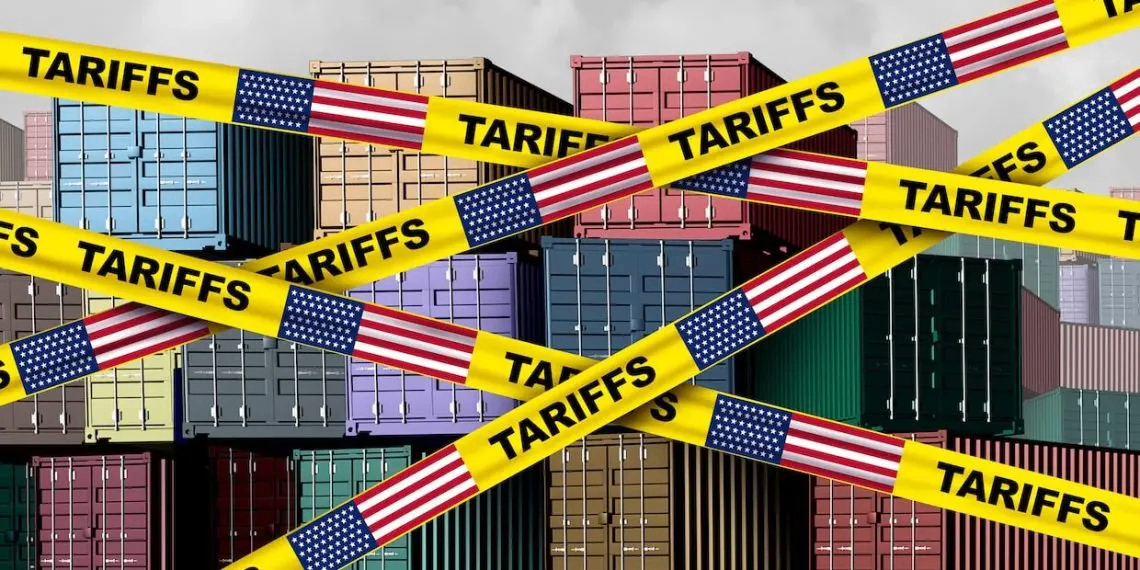Swap, a leading e-commerce operations platform, has published a revealing new report titled the Tariff Turmoil Report, which outlines how upcoming tariffs, regulatory changes, and global supply chain pressures are set to reshape the future of online commerce. Based on responses from 100 executives across mid-to-large e-commerce and fulfillment companies, the report exposes deep-rooted concerns and strategic shifts taking place across the industry.
Widespread Alarm Across the Sector
A staggering 83% of surveyed executives expressed concern that regulatory changes could pose an existential threat to their businesses. Nearly a third anticipate that tariffs will have a massive impact in 2025, while over half foresee a large effect—signaling that e-commerce companies are preparing for serious, long-lasting disruptions.
Prolonged Disruption Expected
Contrary to hopes for a temporary challenge, 53% of respondents believe the effects of tariffs will stretch beyond three years. Only a small minority (6%) expect the impact to be resolved in under a year. This highlights an urgent need for long-term strategies rather than short-term fixes.
Operational Overhauls Underway
To adapt, companies are already making significant adjustments:
Shift to Domestic Suppliers: 56% are reducing dependency on international suppliers in favor of local sources.
Repricing Strategies: 55% are modifying their pricing to better manage rising costs.
Preemptive Stockpiling: Nearly one-third (31%) are accumulating inventory ahead of anticipated tariff hikes.
These moves signal a larger industry trend toward building resilience and reducing exposure to global uncertainty.
Cost Burden Shifts to Consumers
Companies are not absorbing all the increased costs. On average, businesses plan to transfer 34% of the additional financial burden from tariffs directly to consumers. In fact, 64% plan to shift at least a quarter of the increased expenses to their customer base, which could result in noticeable price hikes across online marketplaces.
Readiness Gap and Search for Support
While the challenges are clear, many companies admit they are underprepared. About 65% of the executives acknowledged a lack of readiness to manage the full scope of changes. As a result, 88% have taken proactive steps—either by seeking consultancy services or forging new partnerships—to improve their cross-border transaction strategies and regulatory compliance.
Swap’s Role in Navigating Uncertainty
Swap is positioning itself as a key partner for e-commerce businesses navigating this turbulent landscape. The platform offers a comprehensive suite of tools designed to address logistical, compliance, and operational challenges. From inventory and shipping management to tax filing and international logistics, Swap helps consolidate core business functions, allowing companies to remain agile and cost-efficient amid regulatory flux.
Juan Pellerano-Rendon, Swap’s Chief Marketing Officer, emphasized that companies must adopt flexible and forward-thinking strategies to endure. He noted that success in the evolving e-commerce space will depend on adaptability, proactive planning, and strong partnerships.




 ${ lang === 'zh' ? '中文': 'ENG' }
${ lang === 'zh' ? '中文': 'ENG' }
 ${ lang === 'zh' ? '中文': 'ENG' }
${ lang === 'zh' ? '中文': 'ENG' }


